It’s 2024, and America is gearing up for election season once again. It’s another battle to save our beloved democracy, as all elections seem to be nowadays, with good reason. In its current form, American politics can only be described as a disaster, and things are worsening. People entering the voting scene are thrust into a maelstrom of electoral madness, with many exhorting young, typically liberal voters like us Lowellites to “vote blue no matter who.” Desperate to capture votes, they say that not voting for Biden amounts to a vote for Trump. However, even when Trump’s gone, the movement he started will be here to stay, with younger, similarly styled, albeit clumsier figureheads like Ron DeSantis ready to take his place. If voting was all we needed to do to stop Trump, then our problems would have been solved in 2020. We need to attack the real problem, political disillusionment, at the root, and this can only be done by a reinvigoration of student political engagement and discussion on the grassroots level.
Political disillusionment is a tremendous factor in American politics. According to an Ipsos poll 73 percent of regular voters, and 80 percent of nonvoters, believe that politicians simply don’t care about the average person. A staggering 71 percent of abstainers in the 2020 election didn’t vote because they either were uninterested in politics, or in some way alienated from the election. If “did not vote” was a candidate in the 2016 election, they would have won in a landslide, and the 2020 election proved that mobilizing even a fraction of this vast swathe of Americans can tip the scales decisively. An article from The Guardian refers to this disillusionment as “democratic fatigue syndrome,” and its consequences are disastrous.
Disillusionment is causing the voices of tens of millions of Americans to go unheard. In 2016, nearly 100 million Americans abstained from voting, and even in 2020, that number was around 80 million. You cannot have democracy when so many people are so indifferent that they refuse to even participate, because then it’s not rule by the people anymore. A huge disenchanted minority is swept along by the whims of everyone else, and they are completely at the mercy of whatever political force can conquer office. Even worse, a huge chunk of this minority is made up of young people, as we abstain in higher proportions than older people. We will have to live with the changes that our older counterparts make for much longer, and we are willingly surrendering our say on these matters. Democrats were able to mobilize millions in order to stop Trump in the last election, but given high inflation, a record of broken and stalled campaign promises, and an ensuing low approval rating, it is exceedingly likely that 2020 was a unique event. From here on out, the silent discontented minority will only grow larger. However, the effects of disillusionment are not restricted to nonvoters. They extend into the realm of the politically involved, too.
Despite their continued participation in the political system, even those who vote are becoming increasingly disenchanted, leading to major problems. As mentioned earlier, 73% of voters believe politicians don’t care about them. The result is the election of demagogue-like figures such as Trump, who ride anti-establishment populist waves and rail against the status quo. Many white and rural Americans have felt threatened by what they perceive as an increasingly progressive social climate, an idea that has been propagated primarily by the media, referred to as “the woke mob,” “liberal snowflakes,” or “social justice warriors.” Trump capitalized on this, but he also promised that he would address very real problems. He promised to bring back manufacturing and coal-mining jobs to communities left destitute by globalization and the transition to green energy. While Trump is the most obvious threat to our democracy, we must remember that he is a product of our flawed system, which has failed to address these very problems, and made people think politicians don’t care. Politicians have no incentive to fix these issues because as long as every election is life and death, they don’t have to offer anything meaningful in order to get elected. All Biden has to do, for example, is be “the lesser of two evils.” In order to get real change, a huge swathe of people must be mobilized to put pressure on politicians to fix the system.
As long as political disillusionment is a defining feature of American politics, voting does not matter, because no elected official can or will solve it. Young people like us have to focus on smashing it ourselves, by reaching people on the ground. Revitalizing the grassroots is the only way to stop political disillusionment, and in the long-term, fix the system and save democracy. Organizations to inform others and encourage dialogue outside the mainstream already exist, and joining one is the most effective way to reach hundreds or even thousands of people. If you liked Bernie Sanders in 2016 or 2020 for instance, the DSA (Democratic Socialists of America) would probably be a good fit. If you fall somewhere between the Democratic and Republican parties, then you might like to volunteer for the Libertarian Party. If you can’t find a group you like, you could start your own organization, specifically geared towards political literacy and recruitment. If you don’t have the time or energy to volunteer though, don’t fret. Even something as simple as talking to someone will have a massive impact. Literally anyone! Just engage them in politics and make them think, and you have succeeded. Especially important is to talk to people you disagree with, or who are not involved in politics, like conservative relatives, or uninterested friends. Get more informed yourself. Never be afraid to take the first step, because it doesn’t even have to be a big one.
So, what should you do in the 2024 election? Organize! Help others to become politically informed and involved. Whoever you do or don’t vote for, it’s up to us to create an environment that fosters rational debate instead of demonization and disengagement. Whether or not you choose to vote, make sure that decision is principled and firm, and that you engage politically with other human beings. In the days leading up to the election, and afterwards, wake up whoever you can to the fact that there is no rule by the people if the people are uninformed and disenchanted.


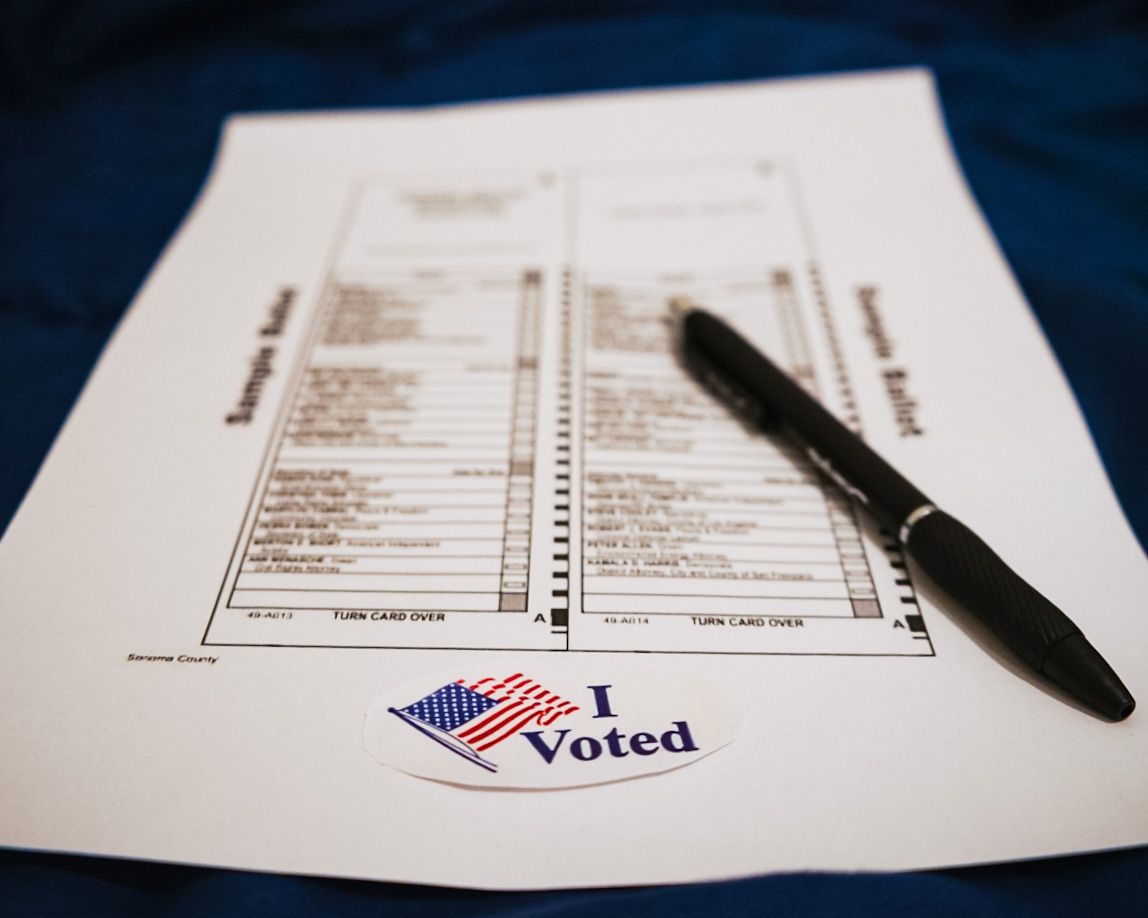




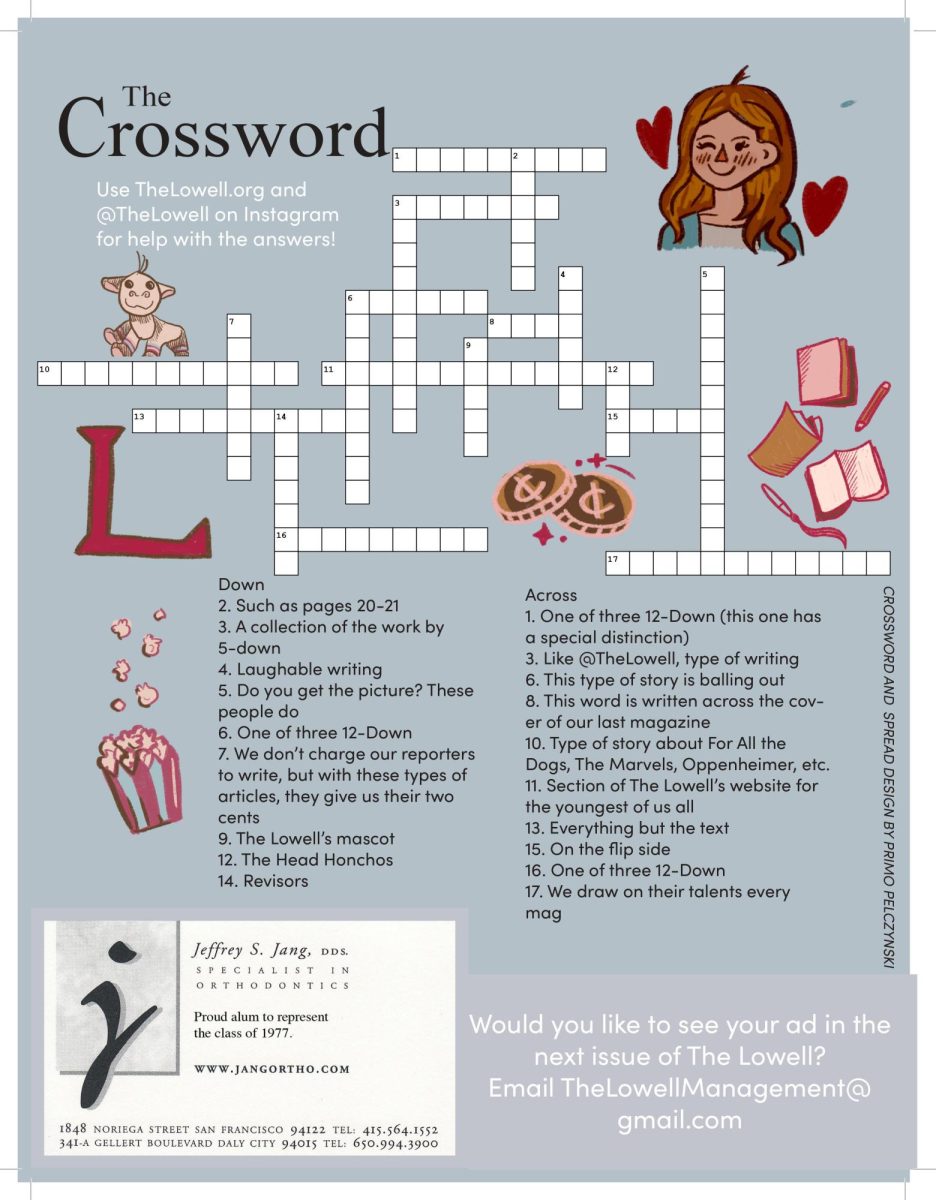





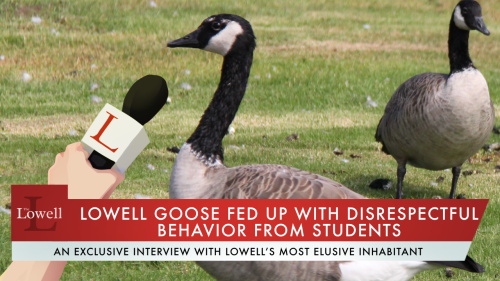
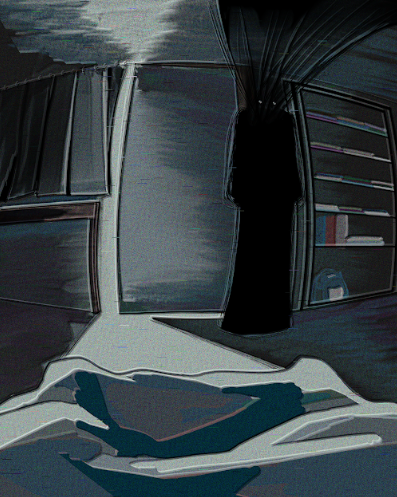

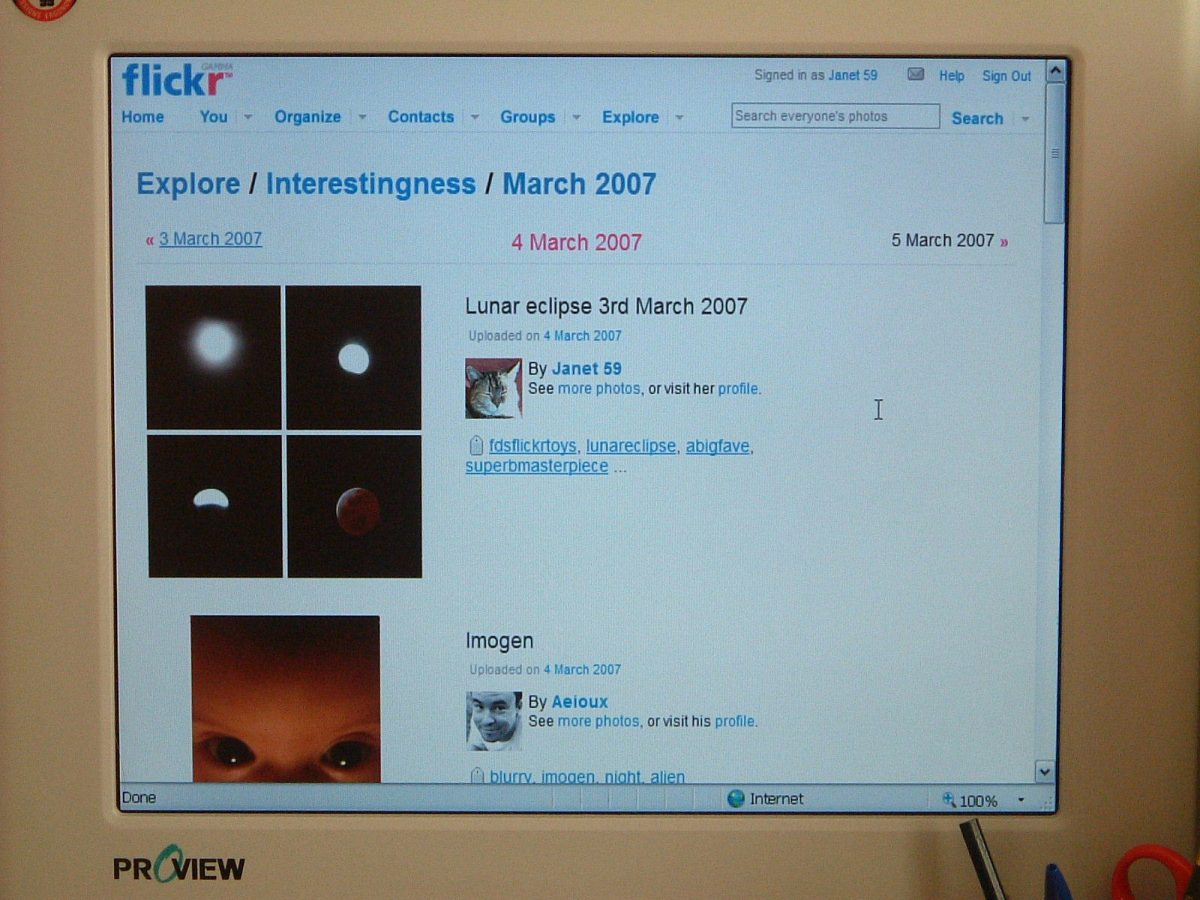
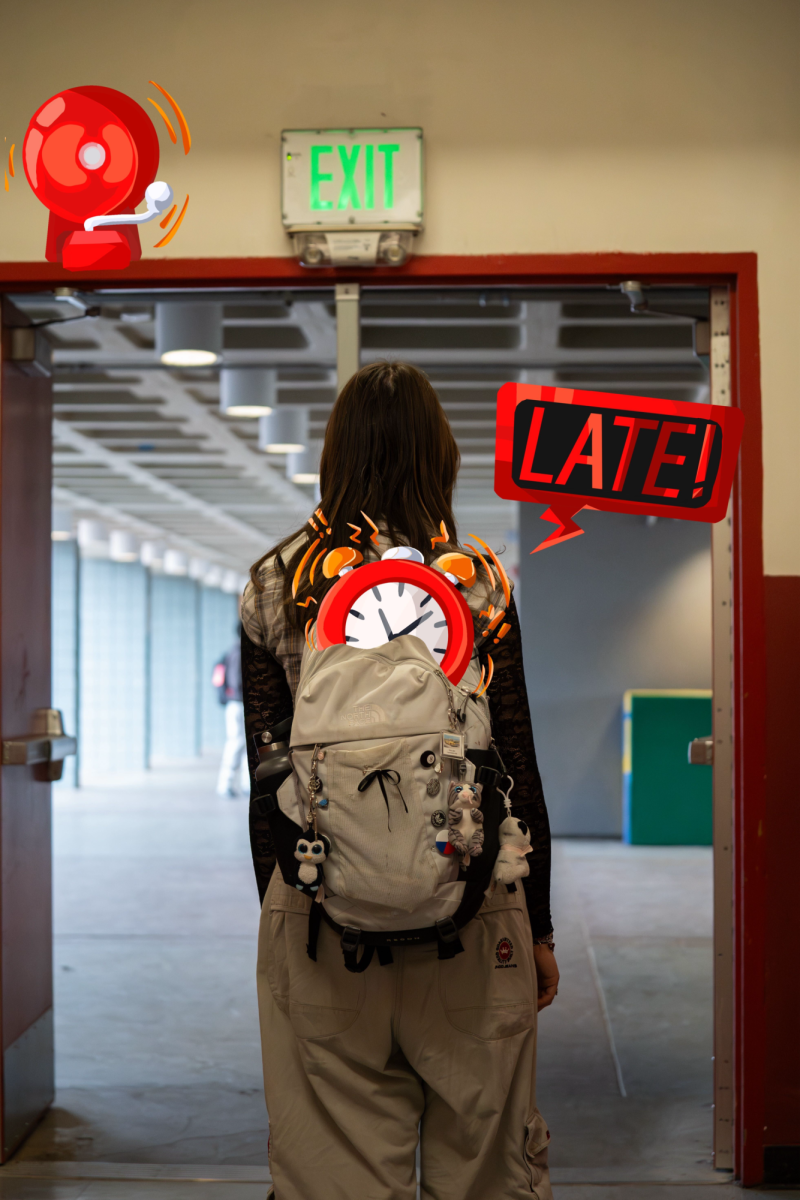


Graham • Mar 9, 2024 at 4:28 pm
Excellent article! Very well researched and written!